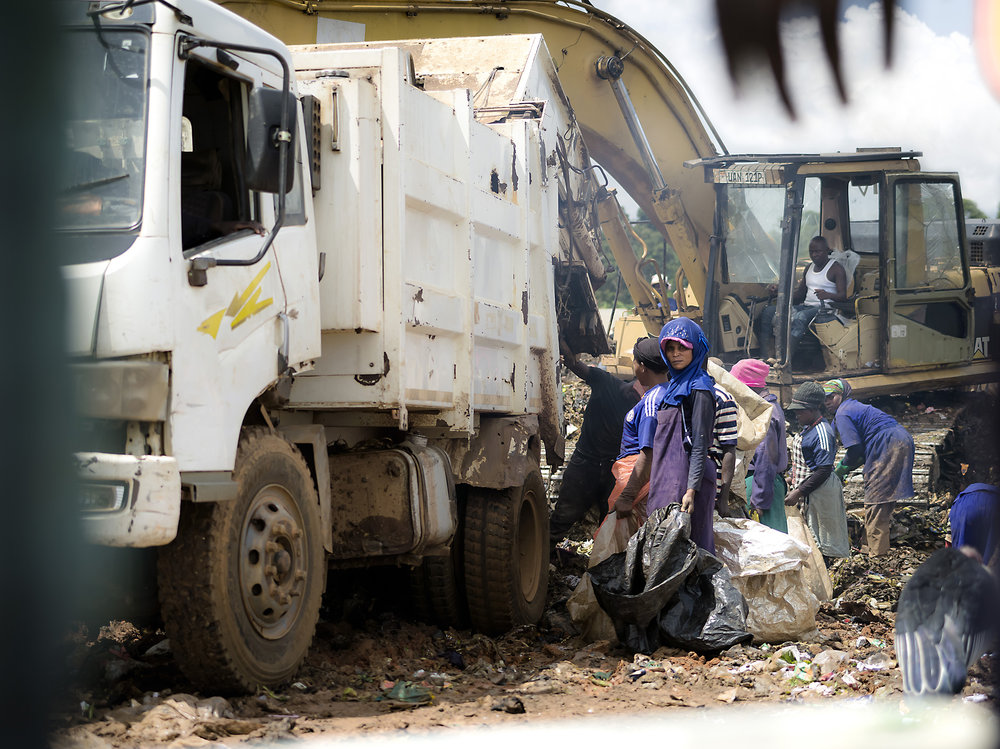Kampala Capital City Authority (KCCA) has renewed contracts of the three solid waste companies for 12 months effective June 2019 to June 2020, the latest press release says. The initial contracts lasted four years ending June 2019.
Kampala is subdivided into seven Solid Waste Management service zones managed by three concessionaires (Nabugabo Updeal Join Venture, Homeklin Uganda Limited and Kampala Solid Waste Management Consortium).
The Kampala City Council Solid Waste Management Ordinance of 2000, mandates KCCA and its agents to ensure that solid waste in Kampala is collected and conveyed to treatment installations to satisfy both public health and environmental conservation requirements.
The Ordinance also mandates KCCA to contract services of private parties (as delegated agents) to invest and undertake business operations along the waste management chain.
The primary sources of municipal solid waste (MSW) generation are private households, transient population, market places, commerce, industry, public administration, kindergartens & schools and hospitals among others.
The press release says: “KCCA urges the public on the following; As responsible citizens we need to take responsibility for the garbage we generate and pay for its collection, the community is encouraged to segregate their waste at source and mobilize communities to responsibly manage their waste…the public should allow concessionaires to execute their contracts.”
Kampala needs about 65 trucks to manage garbage generated daily, the city acting executive director Kampala Capital City Authority (KCCA), Eng. Andrew Kitaka said recently while receiving three more trucks from Lake Victoria Environmental Management Project (LVEMP II), a project implemented under the Ministry of Water and Environment to reduce pollution on the lake.
KCCA in the press releases, warns the public against littering the city. “Anybody found littering the city or disrupting collection of solid waste by KCCA or its agents will be culpable,” says the press release.
Latest statistics show that the city with a population of about 1.5 million people, generates about 1,200–1,500 tonnes of garbage on a daily basis while KCCA collects about 400-500 tonnes of garbage on a daily basis leaving about 60% of the garbage uncollected. “The uncollected garbage to some extent results into indiscriminate disposal of garbage by the public as they have nowhere to put it, a report says.







